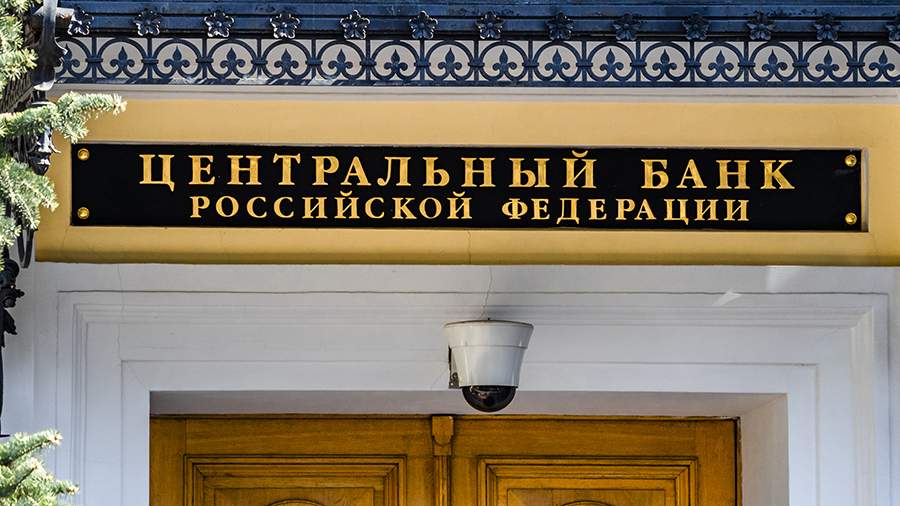Experts have predicted a reduction in the Central Bank's key rate at the next meeting.
- Новости
- Economy
- Experts have predicted a reduction in the Central Bank's key rate at the next meeting.

At the upcoming meeting, the key rate is expected to decrease by 1 percentage point, which will lead to its level of 20% per annum. The time interval needed to change the situation was sufficient, and the risks of an excessive cooling of the economy are already beginning to appear. Alexander Zaitsev, CEO of Atomic Capital, and Vladislav Alexandrov, Managing Director of ALT3 Capital, told Izvestia on June 2.
"For the past six months, the key interest rate has been at a record high, cooling the Russian economy, and, in my opinion, this cycle of maintaining it at the same level is coming to an end. The time range necessary to change the situation has been maintained sufficiently, and now there are risks of excessive hypothermia of the economy," said Alexander Zaitsev.
According to him, there are alarming signals in the economy: a reduction in lending, a drop in freight turnover of the railway and a decrease in demand for labor.
"The instruments of monetary containment of inflation have been exhausted, it is necessary to prevent an avalanche-like contraction of the physical economy and not to break the current investment cycle. I think the regulator understands this perfectly well, so the transition to a rate cut will take place, and already at the June meeting," Zaitsev added.
According to Alexandrov, a sharp drop in interest rates on loans and deposits in the coming months should not be expected.
"A significant change will occur only after two or three stages of reducing the key rate in a row, that is, closer to the end of 2025 – the beginning of 2026. In the near future, the average loan rate will remain in a high range with a slight downward shift, but above 18-20%, and for mortgages — around 15% (outside government—supported programs)," he said.
The expert also noted that with a reduction in the key rate, the ruble may begin to weaken gradually, but no sharp fluctuations are expected due to fundamental factors, including export earnings and the price of oil.
Earlier, on May 29, Izvestia wrote that the Central Bank, according to analysts, is likely to keep the key rate at 21%. However, in their opinion, the regulator may soften the signal, hinting at a possible decline in the future.
Переведено сервисом «Яндекс Переводчик»

